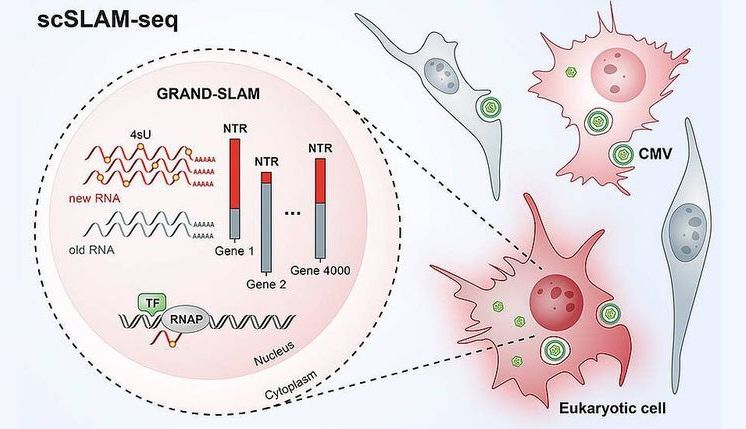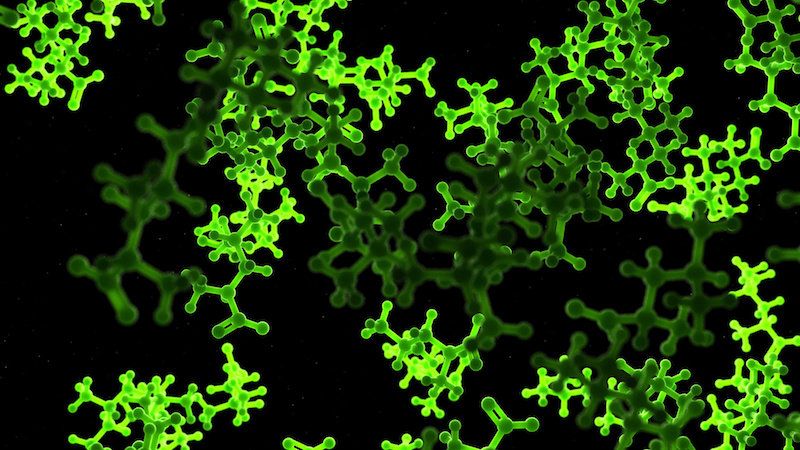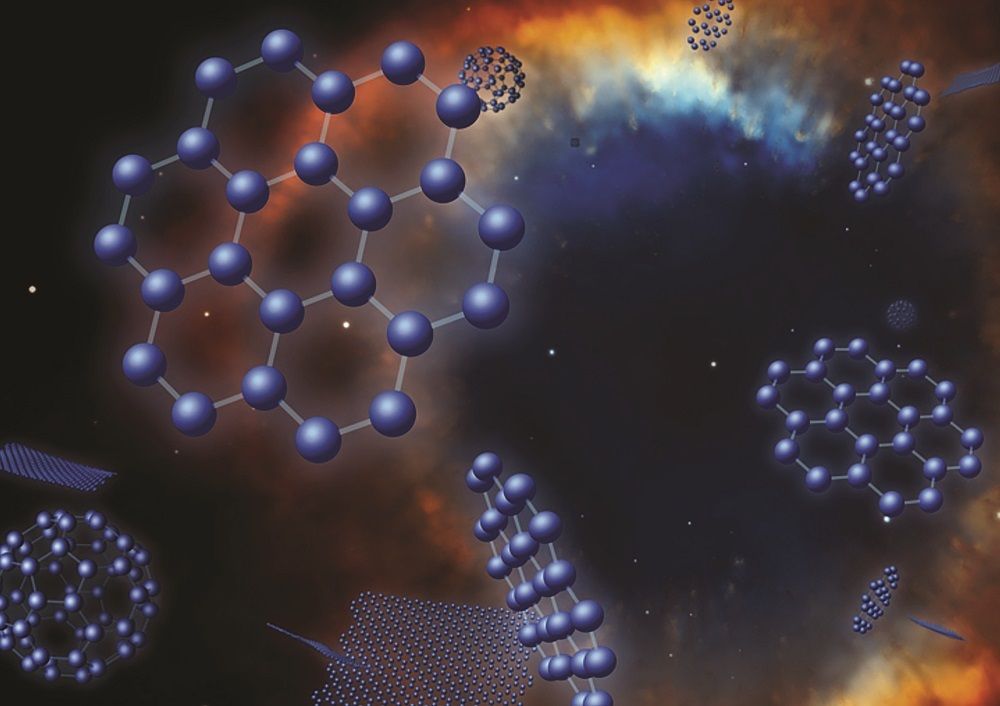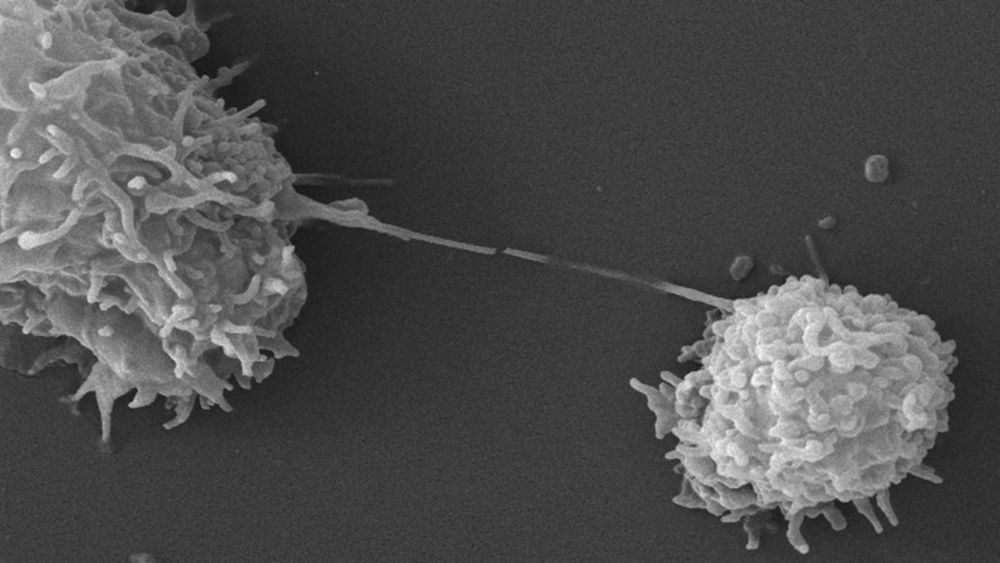Jul 11, 2019
The battle between virus and host cell
Posted by Xavier Rosseel in category: biotech/medical
Each cell works differently.
When viruses enter the body, such as during an influenza or a gastrointestinal infection, the processes within the infected cells change: In the worst case, the virus takes the helm and reprograms the cell to its advantage. It then produces viral components on a massive scale allowing the intruder to multiply exponentially.
In other cells, however, the virus may be successfully eliminated by the activation of cellular defense mechanisms. But how can it be that one cell is overrun and another succeeds in getting the virus under control? How quickly do individual cells react to a viral attack and which protective genes are activated?


















